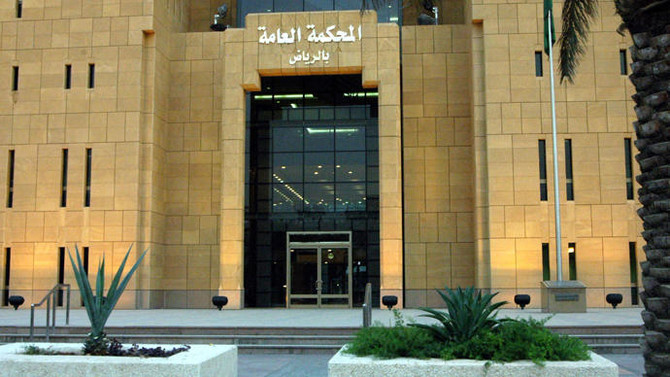After a wave of deadly domestic terrorist attacks beginning in 2003, the Kingdom of Saudi Arabia launched a wide-ranging counterterrorism campaign. The government has claimed that this campaign takes steps to address security efforts as well as ideological sources of terrorism. A critical component to this approach is the rehabilitation of offenders in prison through re-education and counseling. To this end, Saudi Arabia has established “counseling centers” across the kingdom aimed to re-integrate former offenders into mainstream society. Despite these efforts and the government’s claims, the steps Saudi authorities have taken to address this issue have involved the widespread and systematic repression of freedoms and human rights in the name of countering terrorism. Specifically, the government has promulgated a counter-terror law that uses overly broad and vague language that criminalizes free expression, free association, and free assembly. The criminalization of fundamental freedoms has placed many human rights defenders in these “counseling centers”.
This began in 2003 with the Interior Ministry aiming to rehabilitate those responsible for a wave of domestic bombings, shootings and kidnappings from 2003-2006. Initially, the program focused on inmates who were not directly involved in terrorist attacks. It later included repatriated Guantanamo Bay detainees and Saudis returning from Iraq. These counseling centers are under the guidance of the Interior Ministry. Those at the center receive ideological counseling in the form of re-education and debates with approved scholars. Other forms of rehabilitation include psychological care and vocational training. At the center, inmates are called “beneficiaries” by staff and enjoy privileges which include contact with family, visits with their spouses, access to recreational facilities and other additional perks. Upon release, the program reportedly helps individuals find jobs, rent a house and a car. As a result, these centers have been deemed as “cushy” rehabs.
In addition to establishing numerous rehabilitation centers around the kingdom, in 2008, the Saudi government established the Specialized Criminal Court (SCC) to handle terror cases. Over the years, the caseload evolved from exclusively trying members of terror organizations to trying political activists. In February 2014, the government was able to try political activists under a counter-terrorism law that equated dissent with terrorism. The law defined terrorism as anything that “directly or indirectly intended to disturb the public order of the state, or to shake the security of society, or the stability of the state, or to expose its national unity to danger, or to insult the reputation of the state or its position.” The law effectively criminalized peaceful expression, assembly, and association while also targeting human rights defenders and peaceful dissidents under auspices of countering terrorism. The infrastructure of the counter-terrorism law’s vague and broad definition of terrorism, gave the government power to sweep up human rights defenders. In November 2017, the government promulgated a new counter-terror law that extends the definition of terrorism to those who ”describe” the King or Crown Prince “in any way offensive to religion or justice.” Furthermore, the government has the ability to label human rights defenders and peaceful dissidents as terrorists, to justify their imprisonment and detention in rehabilitation centers.
Although the rehabilitation centers are meant for terrorist offenders, the Saudi government has held human rights defenders and activists among the centers’ populations. Among them was Mohammed al-Bajadi. Mohammed al-Bajadi is a highly regarded human rights activists and a co-founder of the Saudi Civil and Political Rights Association. Despite his peaceful activism, the Saudi authorities imprisoned him in 2011 on a number of charges, including founding an unlicensed organization and defaming the kingdom’s reputation. While he was released from prison on 7 April 2015, he was sent to the Mohammed bin Nayef Center for four months, although he is a peaceful activist. Under the February 2014 law, authorities can detain suspects for up to six months, with a possible extension of another six months.
In its efforts to address concerns about terrorism, Saudi Arabia has effectively criminalized a broad range of fundamental freedoms and targeted human rights defenders and activists. Saudi Arabia’s counter-terrorism efforts thus have two tracks. On the one hand, the kingdom has constructed luxurious rehabilitation centers meant to reintegrate offenders into society. On the other hand, its counter-terror measures have spurred the establishment of a counter-terror court system that now prosecutes individuals on their basis of their peaceful activism and free expression, assembly, and association.
Tia Jackson is an Advocacy Intern with ADHRB





